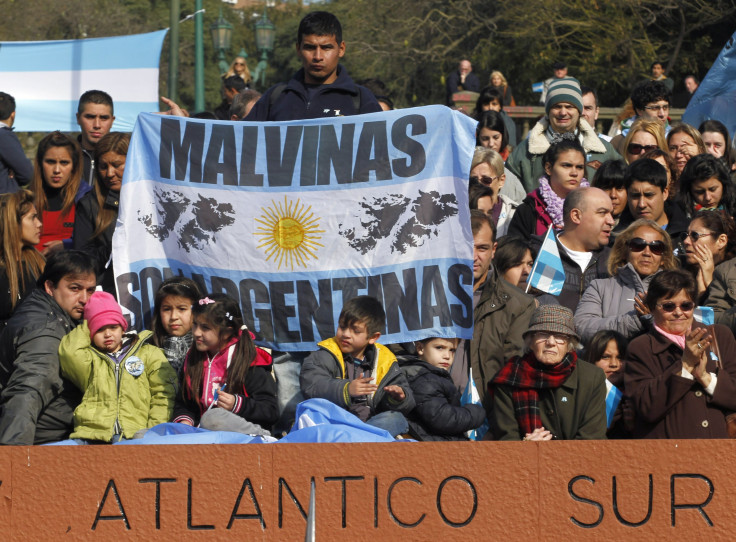Argentina Begins Lawsuit Over Falklands Drilling By Foreign Companies

Argentina on Friday began legal proceedings against five companies, including three British ones, which own oil and gas drilling operations in the disputed Falkland Islands, raising tensions around the contentious territories even further.
Daniel Filmus, the minister for Las Malvinas, as the islands are known in Argentina, announced that a judge in Rio Grande had agreed to hear the case against Premier Oil, Noble Energy, Falkland Oil and Gas, Rockhopper and Edison International, Reuters reported. Filmus told a press conference that Argentina was certain that international and national laws were in its favor, and that anyone found guilty of illegal exploration in the region would face five to 10 years in prison, with harsher sentences for those convicted of illegal extraction.
Argentina began preparing the legal proceedings after Premier Oil and Falkland Oil and Gas announced they would accelerate their 2015 drilling plan after finding oil and gas at the first well in a nine-month program.
The legal case has led to a diplomatic chill between Britain and Argentina, with the two countries’ ambassadors summoning each other over the incident. British forces in the area staged a military drill in the Falklands on Monday, underscoring diplomatic tensions between the two nations.
U.K. Defense Secretary Michael Fallon also announced a new defense package for the disputed territories that would include two Chinook helicopters and an upgraded surface-to-air missile system, prompting condemnation from Argentine President Cristina Fernandez on the thirty-third anniversary of the Falklands War.
“International law and dialogue, not militarization, are the path to a reunion and sovereignty. We will see the islands form part of our territory again. It’s not just wishful thinking,” she said, on April 2.
In 2013, the island’s residents voted 1,513-to-3 for remaining a British overseas territory.
© Copyright IBTimes 2025. All rights reserved.





















